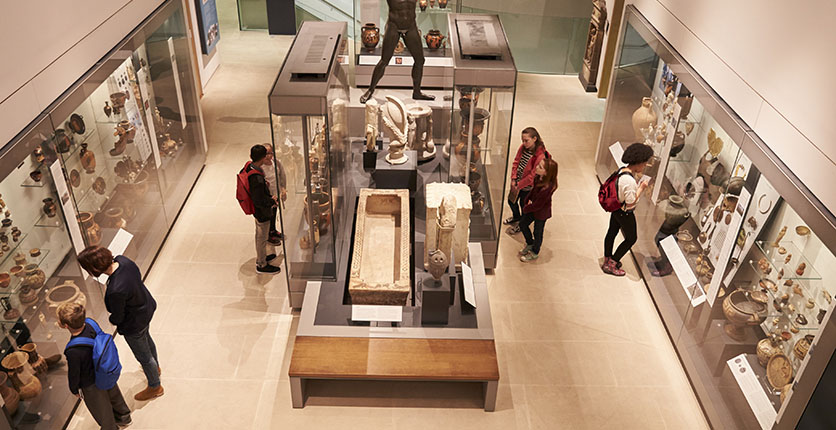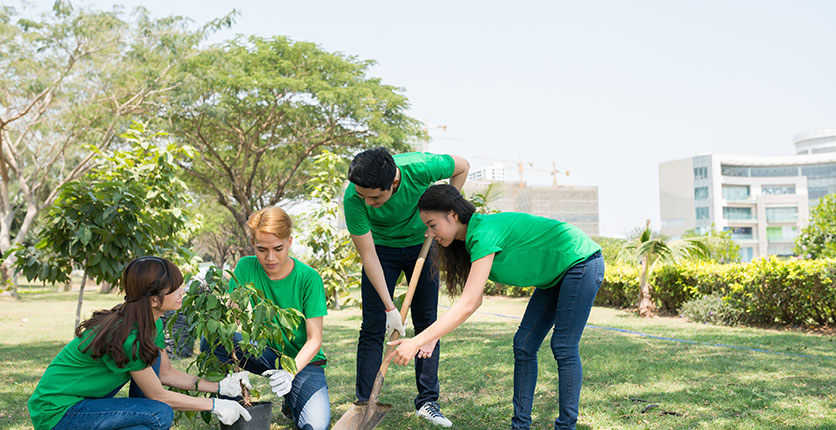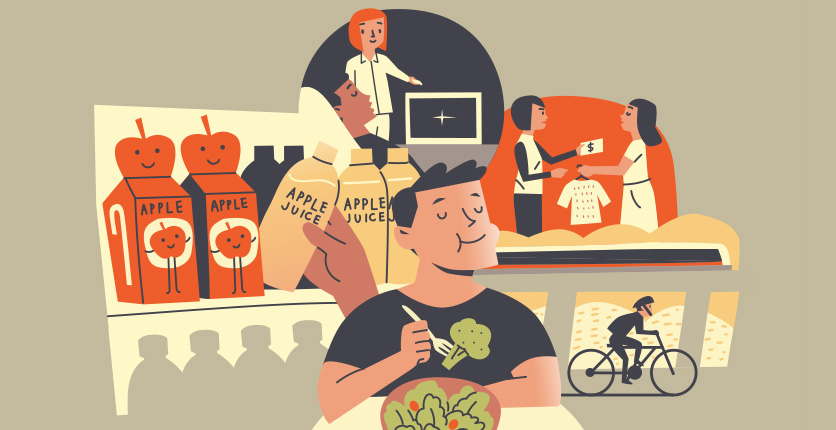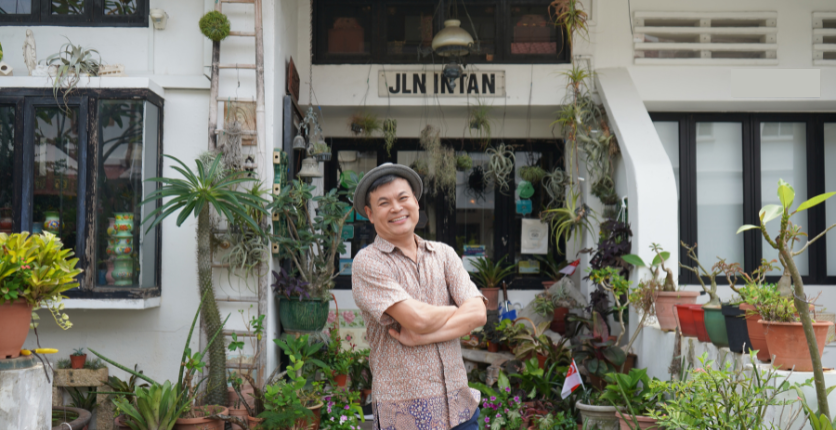You don’t have to be a culture vulture to know the importance of cultural capital. French sociologist Pierre Bourdieu defines it as your education, skills and experiences that may help you get ahead in life. With greater cultural capital, he believes, you stand a better chance of socioeconomic success in life.
Whether you’re a Bourdieu fan or not, growing your cultural capital is nevertheless important for other reasons: It helps you to pick up new skills, represents a positive step towards self-betterment, and paves the way for a more creative and innovative society.
Here are several tips on how to grow your stock of cultural skills and experiences.
Museum
Going to this institution is a culturally enriching experience. Not only is the museum a wonderful showcase of different cultures, it is also a great place to appreciate visually and intellectually stimulating art. Museums are also educational institutions – their cultural artefacts engage visitors by training them to appreciate aesthetics, and educate in terms of socio-political history such as the personal story behind each object.
Volunteer work
Giving at charity and social organisations is significant. It’s not just giving back to society – it helps you to grow your cultural capital, be it a visit to an old folk’s home or sharing skills with underprivileged children, or fund-raising. By working with people who are in need as well as with others with similar altruistic goals, you learn the importance of communicating well – “soft skills” – as well as picking up personality traits such as empathy. Volunteering work can thus help you gain cultural capital, which will come in handy when navigating delicate situations you might faced in life going forward.
Theatre
Going to the theatre can be an inspiring experience. Whether to catch a musical, dance, ballet or opera, there is plenty to gain in terms of broadening one’s cultural horizons. The theatre, as a venue of storytelling, is not only educational in terms of helping you gain new knowledge about art, it helps you broaden your social perspective.
Travel
This is not just about making a journey to discover a new landscape or scenery. It facilitates cultural insight as you meet new people – for example, interacting with locals gives you opportunities to bridge cultural distance and dispel myths and misconceptions you might have about a particular culture. Such social interactions up close and personal are powerful tools to gain cultural capital and broaden your perspectives about life.
Library
This is a gateway to knowledge and culture, and provides great access to cultural capital. Whether accessing the Internet, doing research, reading a tome by Jane Austen or soaking up manga comics and graphic novels, these activities make good study tools and provide cultural value. Reading historical archives, classic novels and contemporary works of literature can not only help an individual pick up knowledge on language, but also provide new ideas and perspectives that will then shape and improve your cultural competencies.











